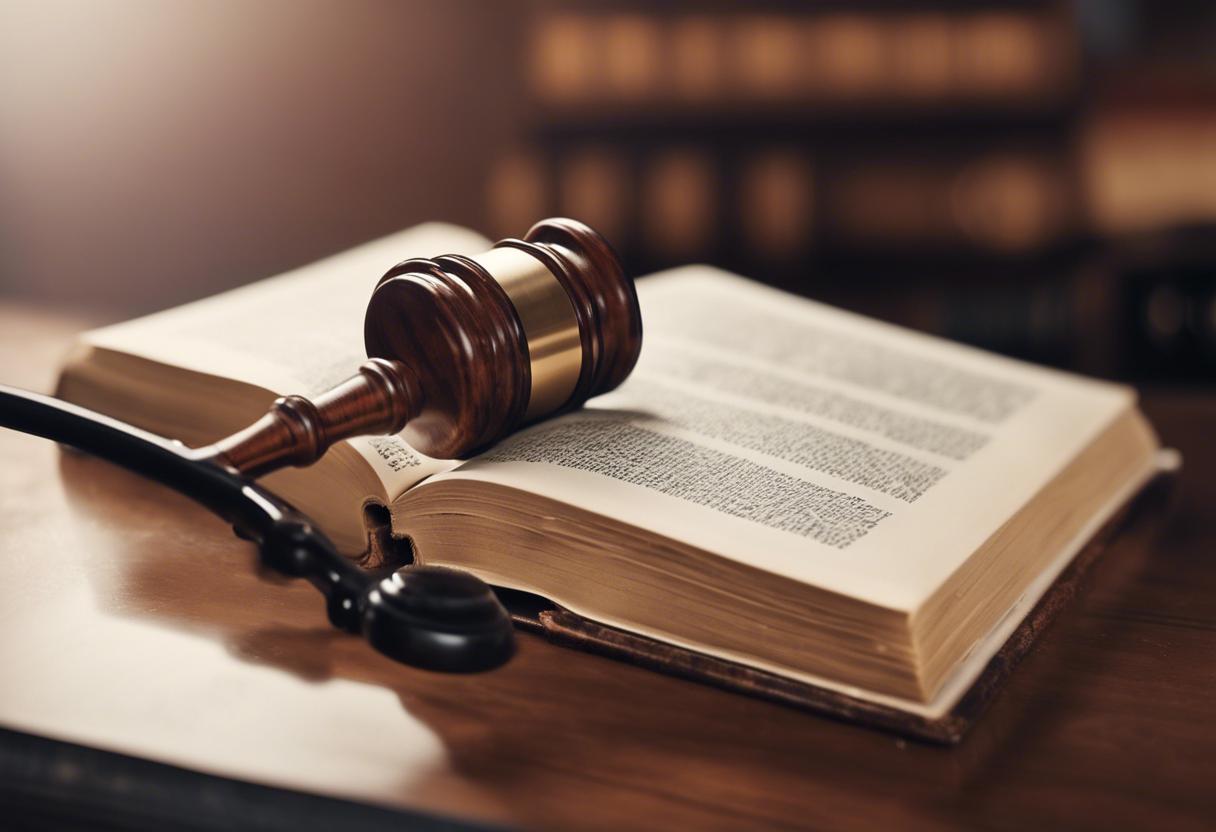Northern Irish media attorney Paul Tweed has a reputation of representing high-profile names in libel and defamation cases, including Gerry Adams, the Kardashians, Sarah Ferguson, Louis Walsh, and pop star Britney Spears. His career took off during the explosive legal battle between Barry McGuigan and Barney Eastwood, where McGuigan’s surprising defeat in the WBA featherweight world title in June 1986 gave rise to what Tweed considers the most sensational libel action in Irish legal history. Further, he represented Arlene Foster, the ex-NI first minister, during her groundbreaking case against TV personality Dr Christian Jessen.
While his career has been marked by notable successes, Tweed has not been without personal controversy. He has been a target of misleading information drives and hacking attempts. Moreover, private detectives, suspected to have been hired by a belligerent nation, were believed to have trailed him.
Tweed started his professional journey in Northern Ireland, where he believes the unrelenting tension of the Troubles readied him for the challenges of his career. He is famously impartial, recollecting that he is possibly the only person to have received Christmas greetings from Gerry Adams and Ian Paisley.
Although he discusses many prominent clients and cases, including those of Johnny Depp and Amber Heard, and the “Wagatha Christie” controversy in which he was not professionally involved, this book goes beyond high-profile gossip. A significant portion is dedicated to his belief that international libel laws require an upgrade to keep pace with emerging media.
Based on his vast experience, Tweed compellingly advocates for the establishment of rules to regulate the digital sphere. He states that existing laws are outdated and do not adequately protect individuals’ reputations in an age of rapid technological progression that includes advancements like AI. He expresses concern about tech giants who, he says, are benefiting from news distribution and drawing revenue away from traditional media, without being accountable for potential defamation and libel.
The reviewer, John Walshe, is a freelance critic.

